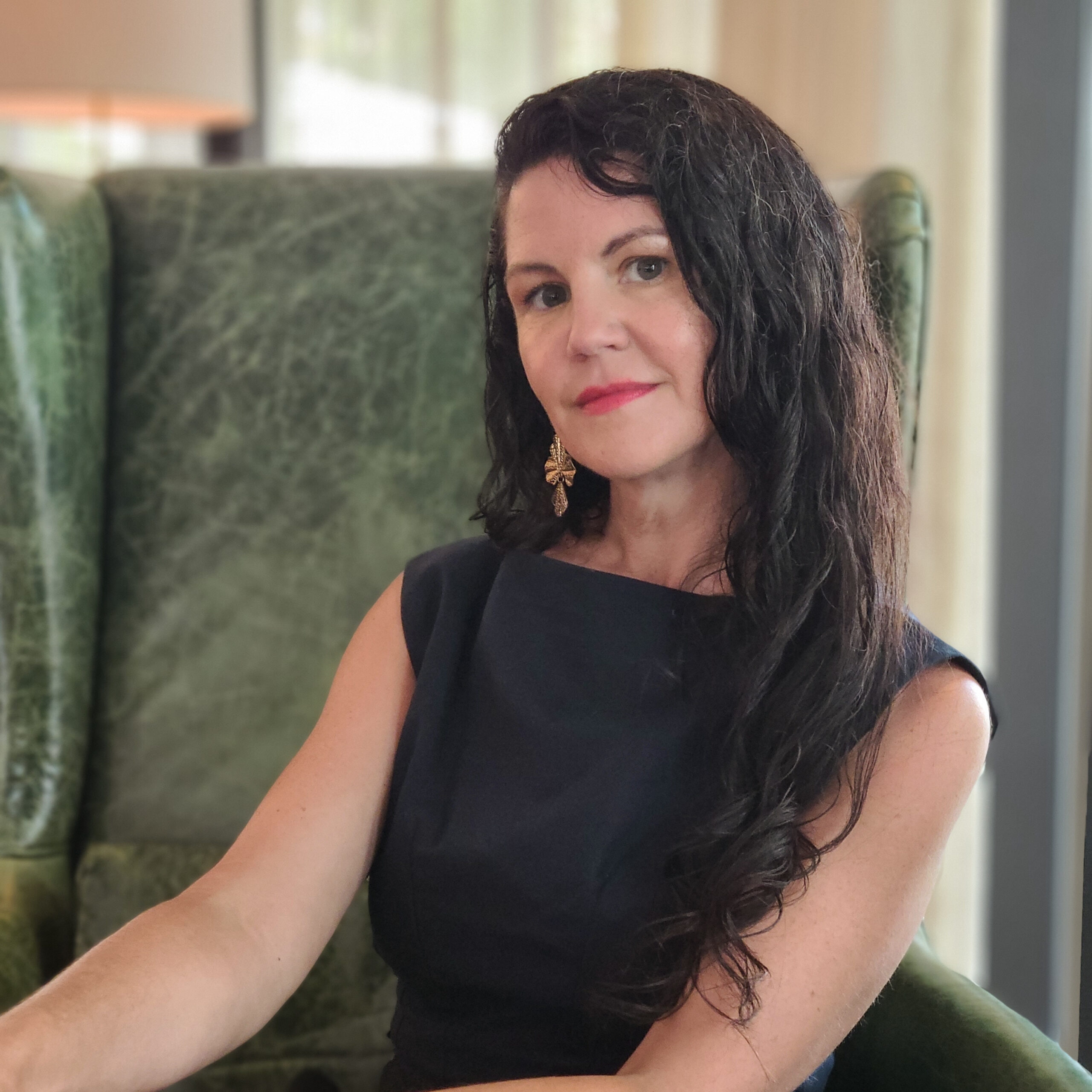
What Am I So Depressed About?
Inquiring minds want to know

Hidden sadness
Every man has his secret sorrows which the world knows not; and often times we call a man cold when he is only sad.
—Henry Wadsworth Longfellow
There’s not a week that goes by that this question isn’t posed by one of our clients. To make things worse, clients also tell us that the matter is probed by friends, family, and those around them, creating a sense of pressure for an answer. Yet, the answer can elude all reason. You may think: I have so many things to be grateful for. Maybe you have the career you trained for or the college you wanted to get into. Or, maybe you feel guilty about not appreciating the basics that many others in war-torn places lack, like a safe and climate-controlled place to live. Ahhhh….air-conditioning.
Ok, if I know this, then why do I still feel so depressed?
Without an obvious external cause for these feelings of depression, it is easy to spiral down the rabbit hole of self-blame and guilt or try to dismiss these feelings entirely. Let me be clear, it is not a personal failing if you happen to feel this way. No matter what “reasons” your friends and family can come up with to convince you that you have no reason to be depressed, your experience is valid. Goodness knows you don’t want to feel this way.
It’s not just you!
If you feel like you’re depressed, but, yet, you seem to have no reason to be: you’re not alone. Despite all of the technological, medical, and social developments that have happened over the last few decades, we have seen a marked increase in the prevalence of depression.
Why?
According to a study in the Journal of Affective Disorders by researcher Dr. Brandon Hidaka, our modern world just isn’t made for us. In fact, unchecked without protective behaviors, it’s pretty harmful. Many factors, such as always being on, reduced social time, and diffuse communities, all add up to a world in which our mental health suffers. Making depression, as Dr. Hidaka would say, a “Disease of Modernity.”
Our daily lives, those innocuous things that we do and don’t do to from morning until we crawl into bed are radically different from the world that we developed in – the natural and complex universe in which we evolved.
Think back for a moment to previous periods of time, including just decades ago. These recollections may conjure up images of people smoking cigarettes in crowded cafes, or perhaps sooty downtowns filled with factories puffing out a haze of gray-green smoke. Certainly, people were less aware and less healthy back then, right?
In some ways, certainly; in other ways, definitely not. It may surprise you to learn that in some ways prior generations were actually leading healthier lifestyles. Dr. Hidaka describes how the modern person gets less exercise, less sunlight, and has a less healthy diet – at least for a lot of us. Also, when was the last time you got a really good night’s sleep? It’s been a while hasn’t it? We’re also having dramatically decreased amounts of in-person social interaction due to changes exacerbated by the times. Thanks, COVID-19.
Sure, we might have more money. We might have a higher standard of living. But when it comes to the oh-so-potent effects of sleep, diet, exercise, and socializing, these mental protections are increasingly pushed aside. Our modern world simply isn’t good for our mental health.
Ugh, What Do I Do?
Unfortunately, despite the world seemingly colluding against us, we do have to live in it. At least until we colonize mars. Luckily, however, there are plenty of things that we can do to insulate us from the damaging effects that this environment can have on our mental well-being. Whew!
In essence, maybe we become empowered when find and reproduce the beneficial facets of previous periods that have become obfuscated in the modern world.
I think all of us understand on a certain level that getting better sleep, eating healthier, getting more exercise and socializing more is something that all of us should be doing. And not just for our mental health, but for our physical well-being. But when, but how do I fit it in?
It never seems like there’s enough hours in the day to get what you already have on your dance card done. If I spend more time socializing or exercising, then I’m going to have less time to sleep. How do I make it all work?
Or, if you do have a free moment, where is the motivation?
If you’ve read this far, you’re probably looking for specific solutions, not empty platitudes that don’t actually make an impact on your life. You want something actionable.
Let me suggest an alternative to the endless personal search for more hours in a day (you’re not going to find any, believe me, I’ve tried).
Instead, here at SENS, we can help you find those specific things that can make your mental health better. We cultivate actual real steps you can take, based on science, specifically chosen to balance out the pressures of the negatives in our modern world.
If you feel like you’re depressed, but you don’t have an obvious reason, it might be the fact that the modern world isn’t made for you, or any of us. We can help you regain what has been lost in the modern world. Together, we work to build up mental health instead of eroding it with unhelpful perspectives and negations.
Curious how? See What We Offer

